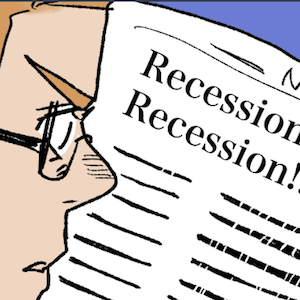Australian labour market – the outlook turned up in June
Today (July 18, 2024), the Australian Bureau of Statistics released the latest – Labour Force, Australia – for June 2024, which shows that the labour outlook has improved somewhat from the last several months of plodding along not sure which way to turn. While it has been difficult to make any definitive conclusions about where the labour market is going based on the data from the last few months, the June data suggests that the direction is up rather than down. With both employment growth and participation rising, unemployment rose slightly but that is a sign of an improving labour market outlook rather than the opposite when unemployment rises on the back of a falling participation rate. The official unemployment was 4.1 per cent, a modest rise over the month, but would have actually fallen to 3.9 per cent had the participation rate not risen. Employment growth was stronger and concentrated on full-time work with monthly hours worked rising. As a result, underemployment and broad labour underutilisation fell – another good outcome. But we should not disregard the fact that there is now 10.5 per cent of the working age population (1.6 million people) who are available and willing but cannot find enough work – either unemployed or underemployed and that proportion is increasing. Australia is not near full employment despite the claims by the mainstream commentators and it is hard to characterise this as a ‘tight’ labour market.

